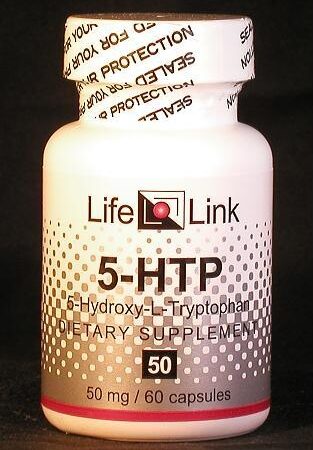Description
Overview
Hypericin — a mood enhancer with anti-viral bonuses.
Hypericin is a highly concentrated extract from the plant known as ‘St. John’s Wort’. This plant has been used since ancient
times to treat wounds and many other conditions.
Medical research has confirmed several of hypericin’s applications:
- improving mood via its anti-depressant and anti-anxiety properties;
- antiviral action against cytomegalovirus, human papillomavirus, hepatitis B, herpes, and skin warts;
- reducing depression-related anorexia, hypersomnia, or insomnia.
Hypericin has shown promise for treating
- cutaneous T-cell lymphoma
- seasonal affective disorder
- obsessive-compulsive disorder.
Hypericin should not be used with other antidepressants, or with cheese, red wine, yeast, or pickled herring. Hypericin can
cause over-sensitivity to light, bleeding during pregnancy, and it can reduce the bioavailability of antiviral drugs.
Read Hypericin Monograph
Hypericin is a highly concentrated extract from flowering tops of the plant Hypericum perforatum — a stocky, yellow-flowering plant also known as ‘St. John’s Wort’. ‘Wort’ is the Old English word for ‘plant’.
Hypericum has been used since ancient times to treat wounds and almost any other condition one can think of — many of them
probably without any real efficacy.
Medical research has, however, shown that Hypericin does have several worthwhile applications:
- for improving mood via its anti-depressant and anti-anxiety properties;
- as an antiviral active against cytomegalovirus, human papillomavirus, hepatitis B, herpes, and skin warts;
- for reducing depression-related anorexia, hypersomnia, or insomnia.
Hypericin
has shown promise for treating cutaneous T-cell lymphoma, since it
preferentially kills malignant cells. Limited experimental support also
exists for hypericin as a treatment for seasonal affective disorder,
and obsessive-compulsive disorder.
The most common side effects associated with hypericin are skin rash and extreme sensitivity to light.
Caution:
Do not use hypericin with other antidepressants, and avoid taking it
with tyramine-containing foods (e.g., cheese, red wine, yeast, and
pickled herring). Hypericin can cause bleeding during pregnancy, and it
can reduce the bioavailability of antiviral drugs.



Reviews
There are no reviews yet.